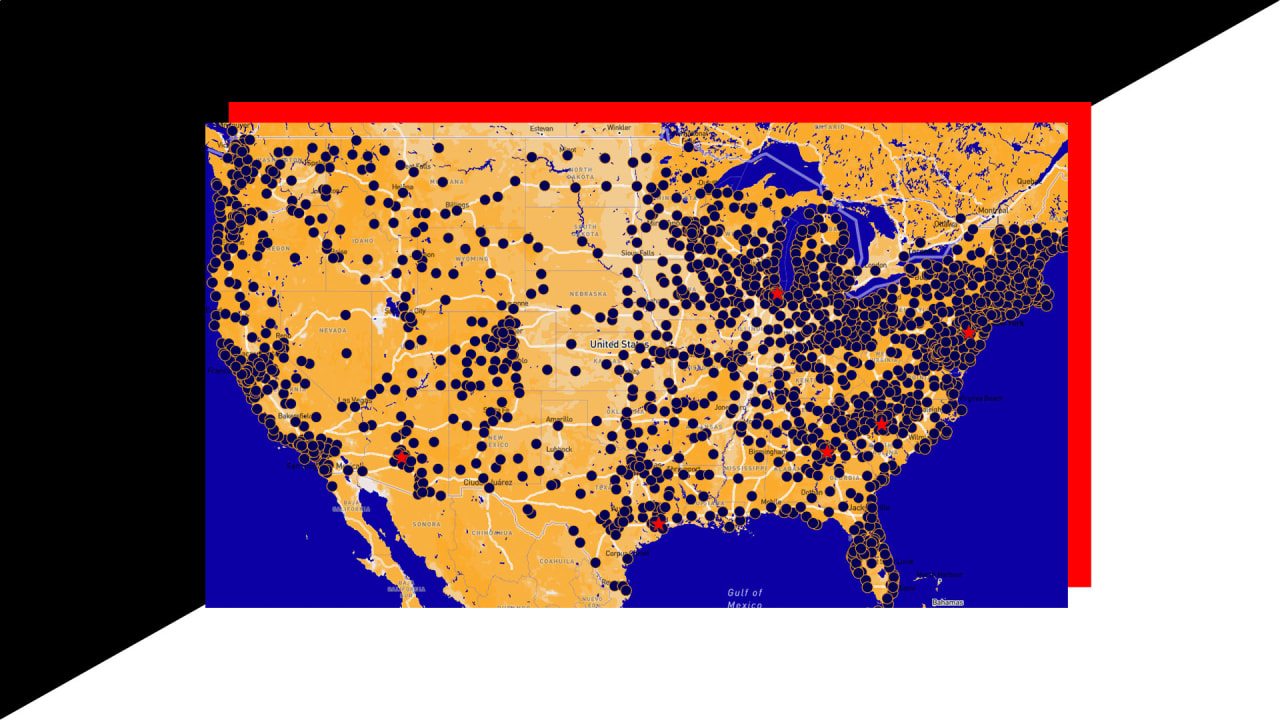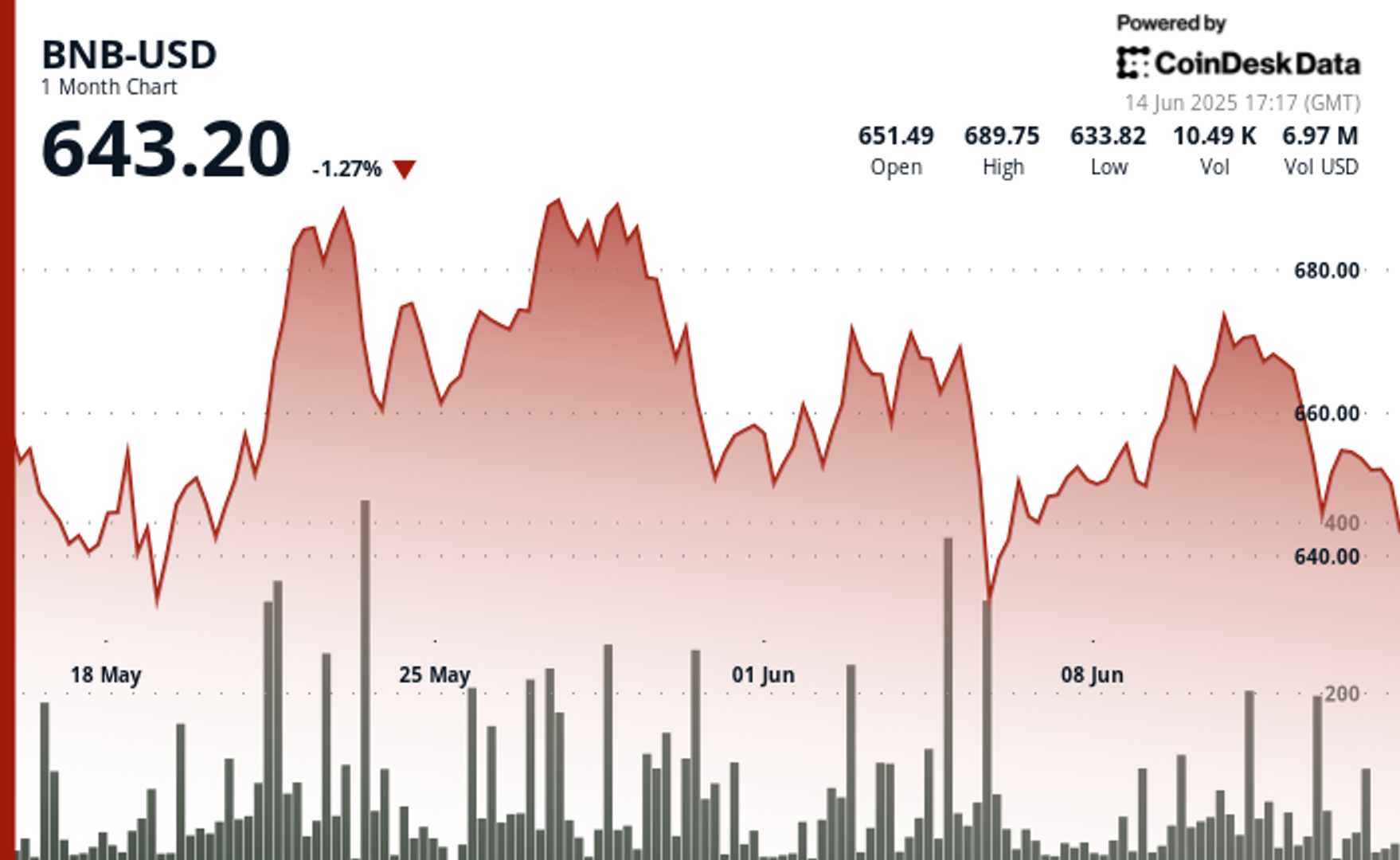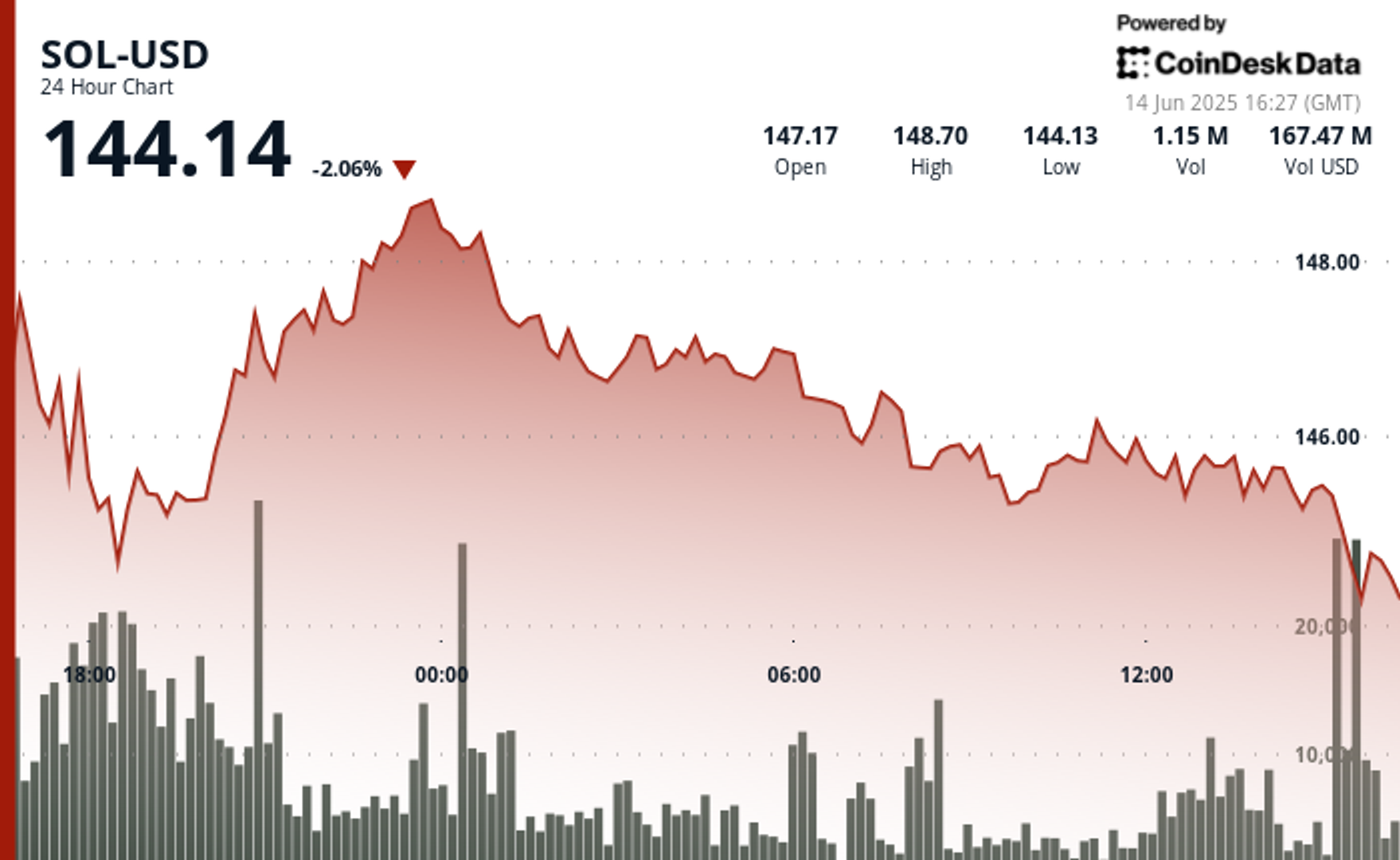How India’s climate tech startups are building the infrastructure for global fashion compliance
Climate-tech startups in India are creating digital tools to support textile and fashion companies to manage and measure their environmental footprint, including metrics such as water consumption and greenhouse gas emissions. Inputs by: Mr. Narendra Makwana, CEO, GreenStitch In the face of mount


In the face of mounting climate disclosure regulations like the Corporate Sustainability Reporting Directive, the Science Based Targets initiative, and the EU Digital Product Passport, India is stepping up as a strategic solution hub for global fashion brands. Climate-tech startups in India are forming digital tools to support textile and fashion companies to manage and measure their environmental footprint, including metrics such as water consumption and greenhouse gas emissions.
Navigating the complex global fashion supply chain
Fashion supply chains are extensively distributed, which makes it quite feasible for a mid-to-large brand to have thousands of suppliers producing its collections. Countries like Bangladesh, India, and Vietnam are home to a majority of these suppliers. Accurate data, authenticated directly from these suppliers, is a key requirement for brands striving to make real progress towards sustainability. Additionally, new regulations are progressively making it mandatory for brands to report supplier-level data as well as help their suppliers in actively minimising environmental impacts.
However, a majority of suppliers lack the necessary tools as well as the technical knowledge required to accurately measure their environmental impact. Moreover, every brand they work with has its internal systems and reporting frameworks, resulting in duplication and confusion. This makes it almost impossible for suppliers to offer data that is consistent and specific to the brand, leading to a lot of them sharing outdated or average figures. Eventually, they are unable to provide brands the transparency they require for action or compliance.
Indian climate-tech startups are solving this very problem by developing technology that prioritises suppliers, making platforms to lower data and audit fatigue. Additionally, suppliers differ in their digital infrastructure, data practices, and dedication to sustainable operations. That’s the primary reason to build state-of-the-art infrastructure that immediately structures and regulates supplier data, regardless of the source, and translates it into actionable insights for brands.
In addition to measuring, these startups also support companies’ model product-level effect even before beginning production, allowing them to design more sustainable collections from the start. Indian climate-tech startups are making compliance and sustainability easier for the fashion supply chain by empowering suppliers and simplifying data flow from the factory floors to the boardrooms. This uniquely positions India to influence the global future of climate-conscious fashion.
Innovating for sustainable fashion’s future
Primary to fashion regulation, environmental compliance is showcasing a joint industry shift towards sustainable practices. In order to minimise ecological footprints, developers must steer by intricate regulations, which can span from using sustainable materials such as organic cotton and recycled fabrics to implementing systems that track down material origins.
If startups want to help fashion brands stay compliant, they need to think ahead, managing carbon today to avoid falling behind tomorrow’s environmental standards. Embedding sustainability into core business models provides a competitive edge by appealing to consumers and brands that are environmentally conscious, and it propels innovation in tools and platforms that help make decision-making better throughout the product lifecycle.
Some of the primary strategies are performing detailed carbon audits, having distinct industry target-based goals, financing emission-reducing sustainable technologies such as renewable energy, and involving stakeholders within the entire market’s supply chain. Some of these regulations, including the EU's Digital Product Passport and the Science Based Targets initiative, require transparent impact measurement, reporting, and tracking systems that are sophisticated and agile.
India’s role in global fashion compliance
Indian climate-tech startups are playing a significant role in helping the fashion industry meet global sustainability regulations, mainly concerning Scope 3 emissions, indirect emissions from a company’s value chain, including raw material sourcing, manufacturing, logistics, and product use. These startups are not only solving compliance challenges but are also laying the digital and ethical foundation for a climate-aligned global fashion industry by empowering suppliers, streamlining data flows, and integrating cutting-edge technologies like blockchain, IoT, and AI.
India thus holds a unique position to drive systemic change toward sustainable, transparent, and accountable fashion on the world stage.
The author is CEO of GreenStitch, a climate-tech startup.
Edited by Swetha Kannan





![X Highlights Back-To-School Marketing Opportunities [Infographic]](https://imgproxy.divecdn.com/dM1TxaOzbLu_kb9YjLpd7P_E_B_FkFsuKp2uSGPS5i8/g:ce/rs:fit:770:435/Z3M6Ly9kaXZlc2l0ZS1zdG9yYWdlL2RpdmVpbWFnZS94X2JhY2tfdG9fc2Nob29sMi5wbmc=.webp)







































































































































































.png)




















